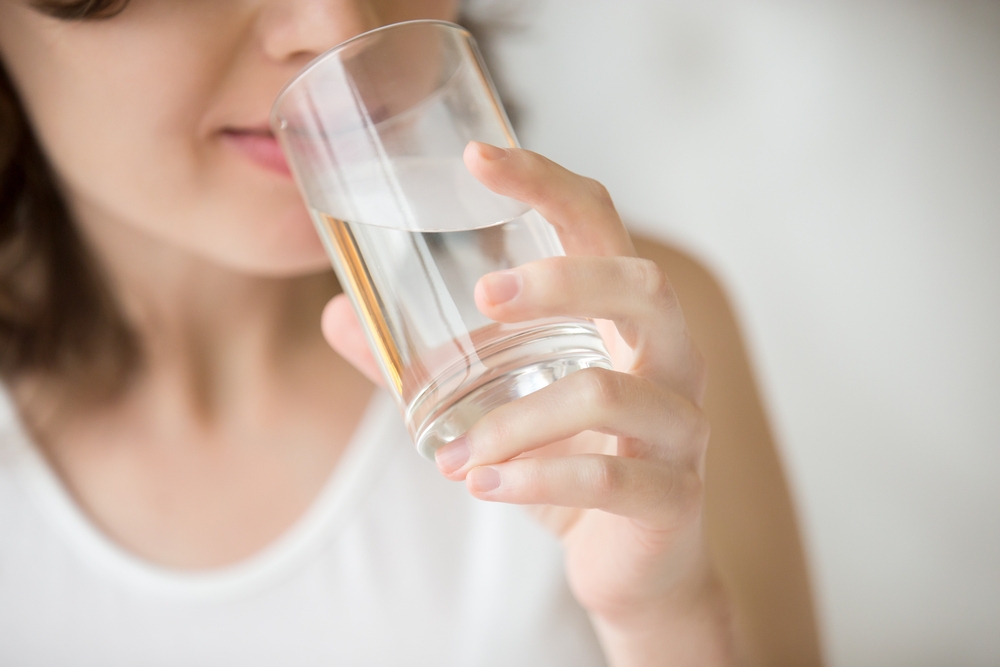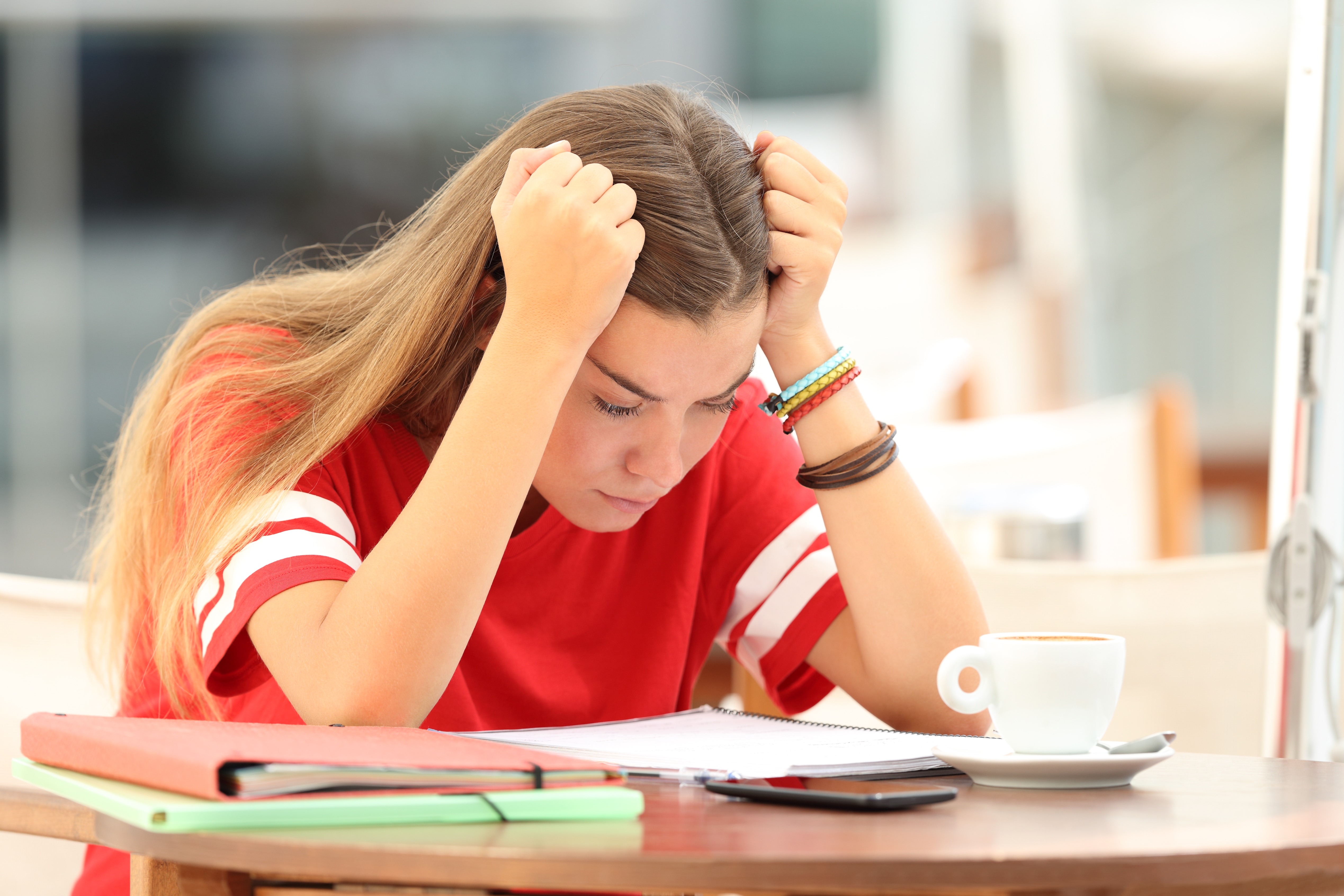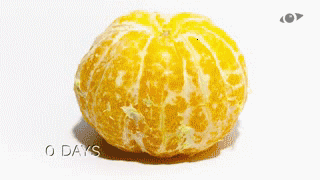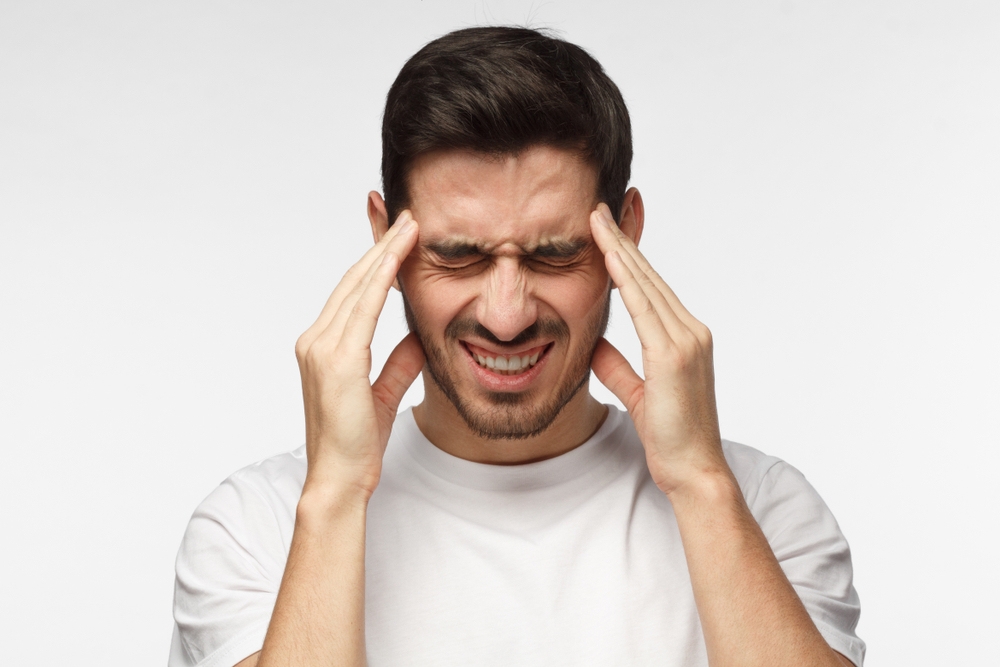
A famous man once said:
Everyone should drink water, drink water in the morning, drink water at noon and drink water at night.
Of course, if you are thirsty, you should drink water. If you are not thirsty, you can still drink water.
Old people want to drink water, so do children.
Men want to drink water, women also want to drink water.
No matter women or men, in fact, more than half of their bodies are made of water.
We often say [drink more water], and then the question arises: how much water is drunk?
Drink too much water, will how?
The most common problem is that… it will be inconvenient.
In particular, when people are nervous, anxious and uneasy, it is instinctively easy to drink more water, and then they need to go to the toilet over and over again.
The inconvenience caused by too much urine may make people more nervous, anxious and uneasy.

In addition, in fact, healthy people’s kidneys have strong adaptability and will not [burst] [strike] just because they drink more water.
The human body can discharge about 0.8 ~ 1 litre of liquid per hour. If it is conservatively estimated, even if the water (about 5 ~ 6 litres) from the two thermos is drunk in one day, the kidney can bear it.
Patients with urinary calculi, hyperuricemia, gout and diabetes are usually advised to [drink more water].
In particular, patients with colds and fevers are often greeted [drink more hot water] and should drink more water when they are not thirsty.
At these times, it is unnecessary to worry about problems if you drink too much water.
Drinking water is difficult to dilute digestive juice and disturb the electrolyte balance in the body.
In clinical practice, the real occurrence of [water poisoning] is mostly not only due to drinking too much water, but also due to other disease problems or some inappropriate treatment procedures.
So the answer to [how much water you drink is too much] is:
If you can feel [full], it must be your body [no longer thirsty], then you should have stopped drinking long ago.
Apart from some patients with kidney diseases, heart failure and other diseases who need to limit drinking water according to doctor’s advice, drinking water is really simple for most healthy people-
Drink if you want, don’t always stop drinking water.
Under extreme circumstances, a person can live well without eating for up to 382 days, but one cannot live without drinking water for several days.
If you don’t drink any water…
There will be many problems. Maybe it will rot away.

First, skin.
Yes, the water content in a person’s body can be felt from his skin: a person who is obviously dehydrated will lose its luster and elasticity.
Then, pee.
As the amount of water in the body decreases, the urine will become thicker. As the concentration of bilirubin metabolites increases, the urine color will naturally become yellower and yellower.
Substances that need to be excreted in urine will be concentrated and re-concentrated, and sometimes even stones, such as calcium oxalate and uric acid stones, can form in the urinary system.
Then, internal organs.
Slowly, the water in the cell will flow out of the cell to replenish the water in the blood.
When the blood is unable to transport red blood cells to all organs of the whole body, from water shortage to ischemia, it will cause a series of functional abnormalities and even life-threatening shock.
Finally, the brain.
If all the water that should have entered the brain flows out of the cell and the brain function cannot be carried out, headache, blurred consciousness, coma… and even death will occur.
If the water has not dripped in all the time, people can barely survive for 3 days, and under extreme conditions, few can last more than 5 days.
Our hypothalamus will feel water shortage, then secrete antidiuretic hormones to limit the discharge of water in the body, and drink water immediately at the same time, [of course, drink water when thirsty.]
[You can drink water without thirst.]
According to the dietary guidelines, you need to drink 1,500-1,700 milliliters of water every day, which is almost the amount of 7-8 200 milliliters of paper cups.
But this does not mean that you must [have eight glasses of water a day].
I didn’t drink so much water, and I didn’t need to worry at all.
Each of us has a very different weight, diet and activity, so long as we follow our own feelings.
